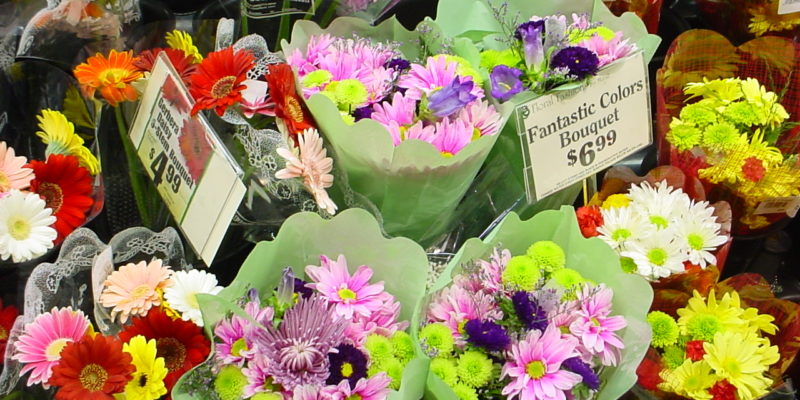Kenya, often referred to as the “Flower Garden of Europe,” has long been renowned for its thriving flower industry. With its favorable climate, fertile soils, and skilled workforce, the country has become a global hub for flower cultivation and export. However, recent developments have brought both challenges and opportunities to the state of flower farms in Kenya.
One of the significant challenges faced by flower farms in Kenya is the impact of climate change. Erratic weather patterns, including prolonged droughts and unpredictable rainfall, have put a strain on the industry. Flower farmers have had to adapt their cultivation practices, invest in advanced irrigation systems, and explore more sustainable farming methods to mitigate the effects of climate change.
Another concern is the increasing competition in the global flower market. As more countries, particularly in Africa and South America, have entered the flower export business, Kenya’s dominance is being challenged. To stay competitive, flower farms in Kenya are investing in research and development to introduce new flower varieties, improve post-harvest handling techniques, and enhance the overall quality of their products.
Despite these challenges, the state of flower farms in Kenya also presents significant opportunities. One such opportunity lies in the growing demand for sustainably sourced flowers. As consumers become more conscious of the environmental impact of their purchases, there is a rising demand for flowers that are grown using eco-friendly practices. Kenyan flower farms have recognized this trend and are increasingly adopting sustainable farming methods, such as integrated pest management, organic fertilizers, and renewable energy sources.
Moreover, Kenya’s geographical location offers a unique advantage in terms of logistics. The country’s proximity to Europe, one of the largest markets for cut flowers, allows for shorter transportation times and reduced costs. Flower farms in Kenya can capitalize on this advantage by ensuring timely delivery of fresh flowers to international markets, thereby maintaining their competitive edge.
In recent years, there has also been a growing emphasis on fair trade practices within the flower industry. Consumers and retailers are demanding transparency and ethical sourcing. Flower farms in Kenya are responding to this by adhering to fair trade standards, providing fair wages and working conditions for their employees, and supporting local communities through various social initiatives.
The state of flower farms in Kenya is a mix of challenges and opportunities. Climate change and increasing competition pose significant hurdles, but the industry’s resilience and ability to adapt have been remarkable. By embracing sustainability, investing in research and development, and adhering to fair trade practices, Kenyan flower farms are poised to maintain their position as a global leader in the flower export market. With continued innovation and collaboration, the future looks promising for the “Flower Garden of Europe.”

